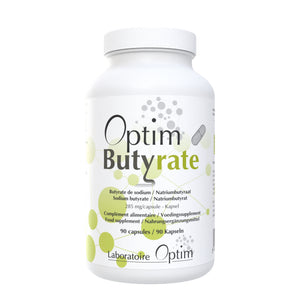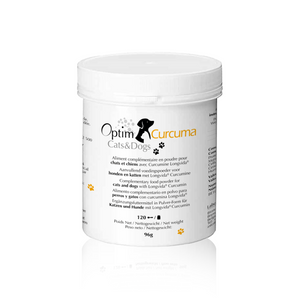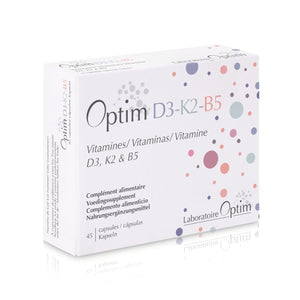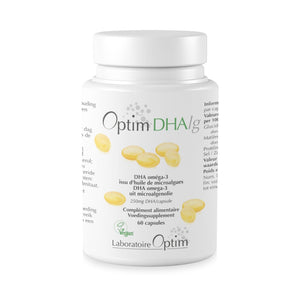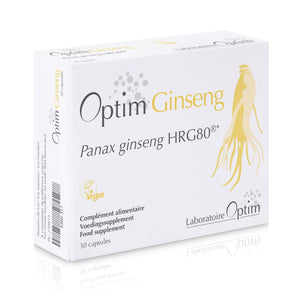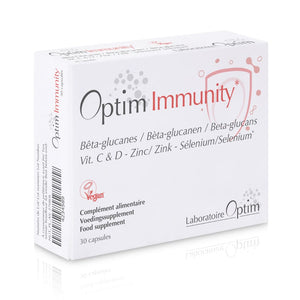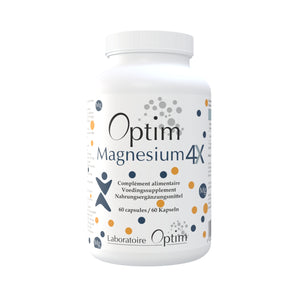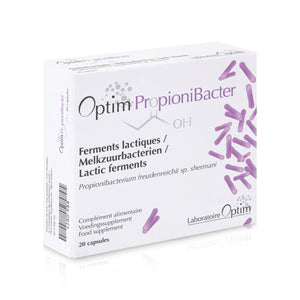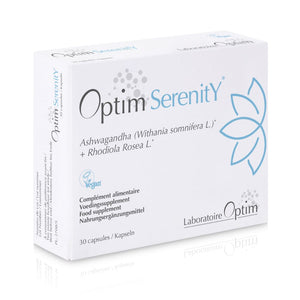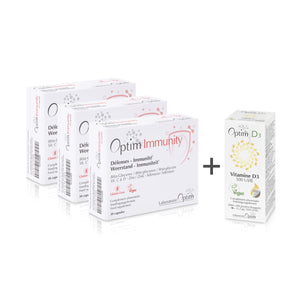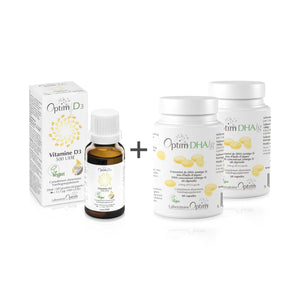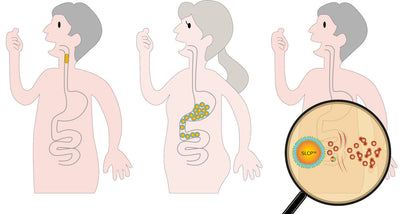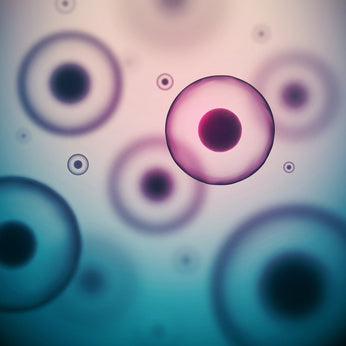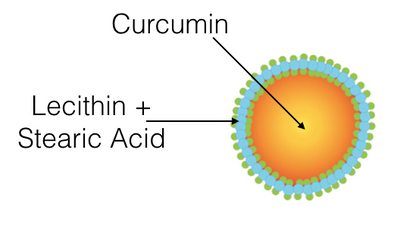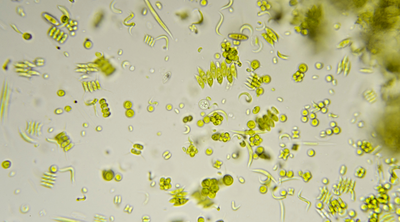Is adding black pepper to turmeric really useful to increase the absorption of curcumin? What are the side effects of black pepper? How to choose your turmeric supplement?
Curcumin and Turmeric
Curcumin is very weakly absorbed by the digestive tract in part due to its low solubility in water.
Let's see now why taking curcumin powder with or without adding black pepper does not work even with daily doses of up to several grams.
What is the best way to take curcumin or turmeric?
It is important to choose a turmeric formula that increases the bioavailability of curcumin.
It doesn’t matter how much curcumin you take; the important thing is how much is absorbed into the body.
To achieve good absorption, the curcumin formula must :
– increase the absorption of curcumin into the bloodstream
– reduce the conversion of curcumin to low-activity metabolites. This means keeping curcumin in its active and free form.
Curcumin powder alone is weakly absorbed into the body
A study performed at the universities of Michigan and San Diego (Lao 2006) shows that a 95% curcumin powder (almost pure) is not detected in the blood for doses up to 8 grams per day, i.e., the equivalent of tens of grams of turmeric powder.
Of the 24 study participants, only two people who took the 10 and 12-gram doses had their curcumin content in the blood increased.
Black pepper and curcumin powder
Adding black pepper (piperine) to curcumin powder does not increase the absorption of the free- or active – curcumin into the body
In 1998, a study conducted by Dr Shobba demonstrates that taking 2 grams of curcumin with 20mg of piperine extracted from black pepper increases up to 20 times the absorption of curcumin in the blood serum of the 8 participants.
A few years later, in 2006, another group of researchers led by Dr Anand, measures the uptake of curcumin in the blood plasma and demonstrates that the addition of 5 mg of piperine to 2g of curcumin nearly doubles the absorption of curcumin in the plasma. These authors point out that they measure the total curcumin, i.e. the free curcumin in its active form and its conjugated forms readily eliminated by the body.
However, a study published in 2012 by a group of researchers from Boston University (Volak 2012) clearly shows that the amount of free curcumin, ie the active form, is not detected in the blood with a daily intake of 3g of curcumin with or without piperine (24mg). Therefore, adding black pepper to turmeric powder does not appear to increase the absorption of the free or active curcumin in the body. The authors conclude their article by stressing the need to explore new curcumin formulas.
What are the side effects of piperine or black pepper?
Piperine is an inhibitor of hepatic and intestinal glucuronates (Singh, 1986). It can, therefore, increase the bioavailability of certain drugs by reducing their gradual elimination and creating a more pronounced concentration (Cmax) in the blood (Patil, 2011; Srinivasan, 2007).
Also, the piperine present in black pepper could damage the intestinal wall and increases intestinal permeability (Feng, 2014). Therefore, it cannot be recommended for people with gut sensitivity.
How to choose a good turmeric supplement
There are different formulations of curcumin-based supplements on the market.
Formulas based on black pepper or polysorbate 80 are not recommended because of their effect on intestinal permeability. (Salvo-Romero, 2015).
It is important to ensure that the curcumin supplement reaches levels of free curcumin in its active, low-dose form (i.e., a few capsules). The formula must also be subject to clinical studies that confirm the claimed benefits.
This is the reason why Longvida Curcumin has been developed to increase by at least 65 times the absorption of free curcumin in the body.
More than 10 years of research to develop the formulation of Optim Curcuma!
References:
Anand P, Kunnumakkara AB, Newman RA, Aggarwal BB. Bioavailability of curcumin: problems and promises. Mol Pharm. 2007 Nov-Dec;4(6):807-18.
Feng X, Liu Y, Wang X, Di X. Effects of piperine on the intestinal permeability and pharmacokinetics of linarin in rats. Molecules. 2014 Apr 30;19(5):5624-33.
Lao CD, Ruffin MT 4th, Normolle D, Heath DD, Murray SI, Bailey JM, Boggs ME, Crowell J, Rock CL, Brenner DE. Dose escalation of a curcuminoid formulation. BMC Complement Altern Med. 2006 Mar 17;6:10.
Patil VM, Das S, Balasubramanian K. Quantum Chemical and Docking Insights into Bioavailability Enhancement of Curcumin by Piperine in Pepper. J Phys Chem A. 2016 May 26;120(20):3643-53.
Salvo-Romero et al. Función barrera intestinal y su implicación en enfermedades digestivas. Rev Esp Enferm Dig. 2015 Vol. 107, Nº 11, 686-696.
Singh J, Dubey RK, Atal CK. Piperine-mediated inhibition of glucuronidation activity in isolated epithelial cells of the guinea-pig small intestine: evidence that piperine lowers the endogeneous UDP-glucuronic acid content. J Pharmacol Exp Ther. 1986 Feb;236(2):488-93.
Shoba G, Joy D, Joseph T, Majeed M, Rajendran R, Srinivas PS. Influence of piperine on the pharmacokinetics of curcumin in animals and human volunteers. Planta Med. 1998 May;64(4):353-6.
Srinivasan K. Black pepper and its pungent principle-piperine: a review of diverse physiological effects. Crit Rev Food Sci Nutr. 2007;47(8):735-48.
Volak LP, Hanley MJ, Masse G, Hazarika S, Harmatz JS, Badmaev V, Majeed M, Greenblatt DJ, Court MH. Effect of a herbal extract containing curcumin and piperine on midazolam, flurbiprofen and paracetamol (acetaminophen) pharmacokinetics in healthy volunteers. Br J Clin Pharmacol. 2013 Feb;75(2):450-62
